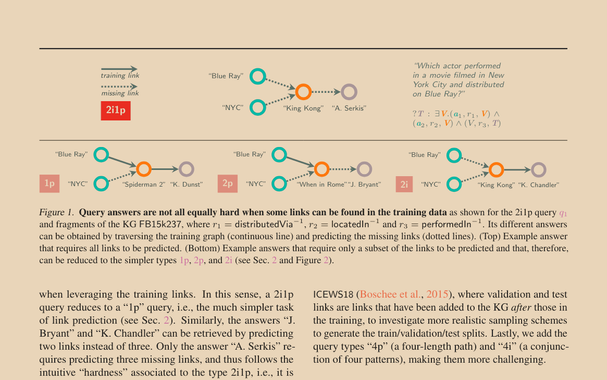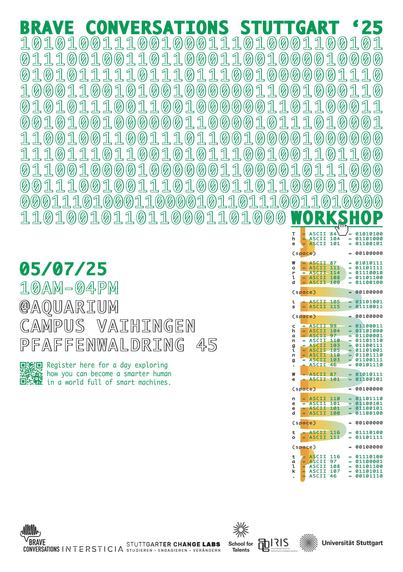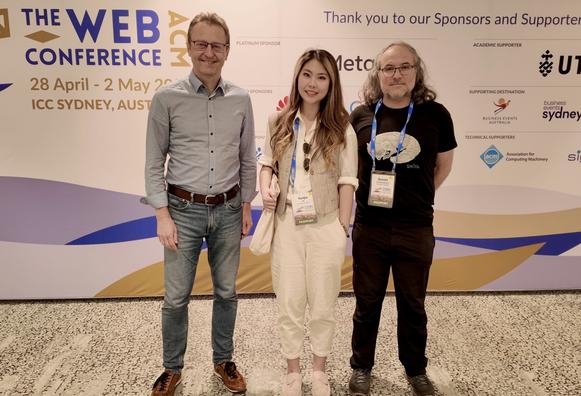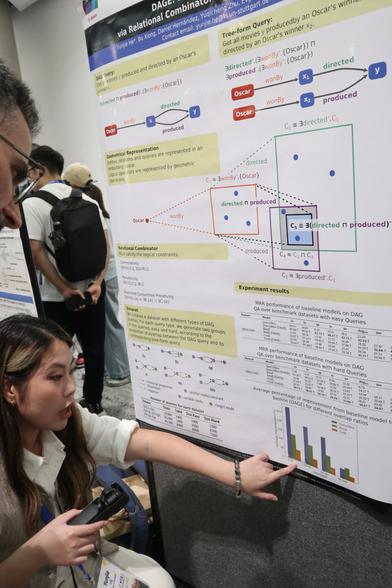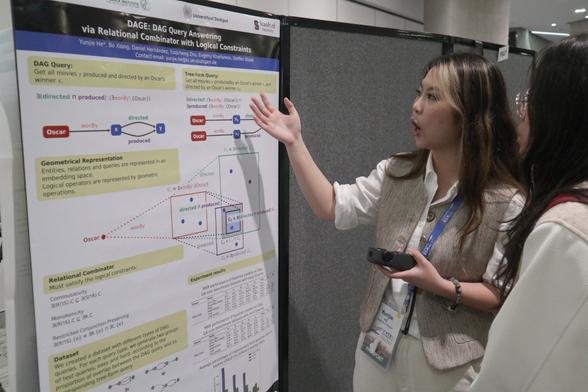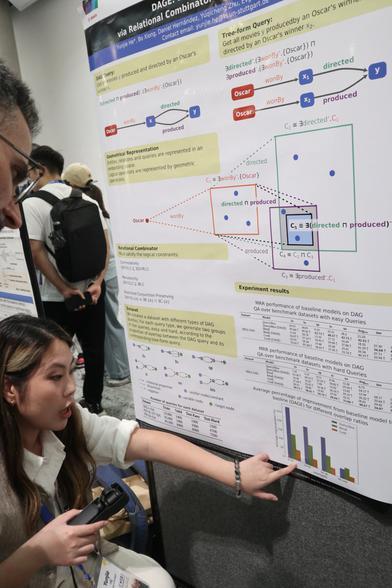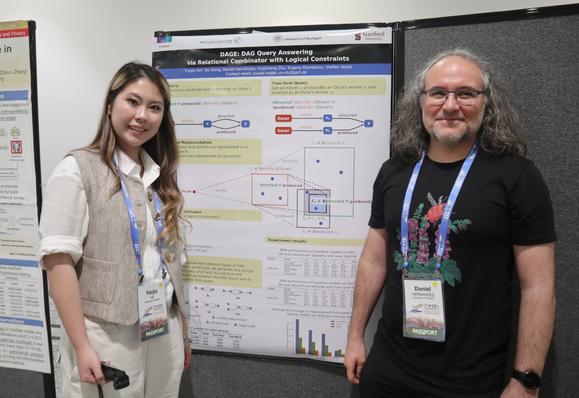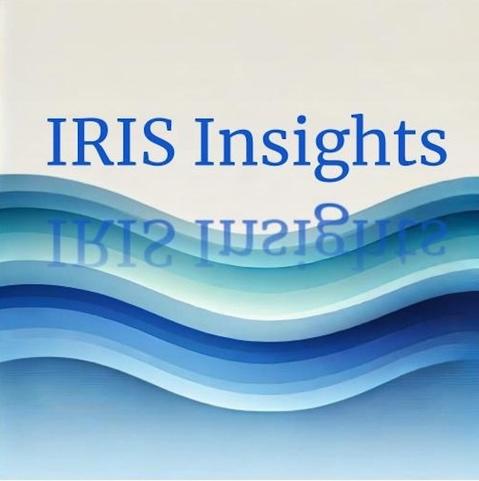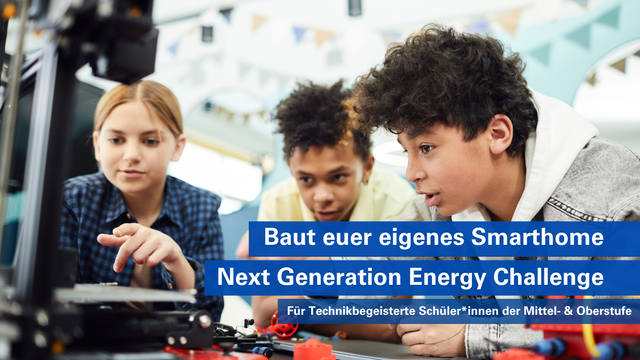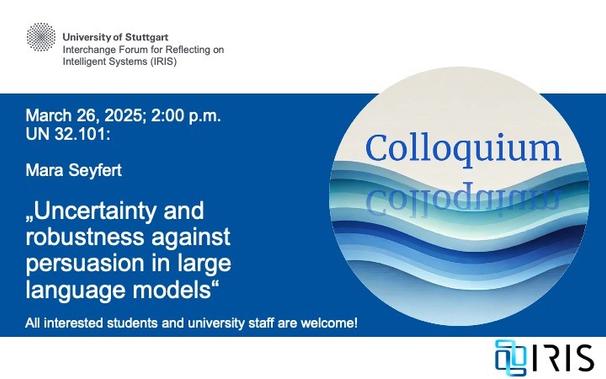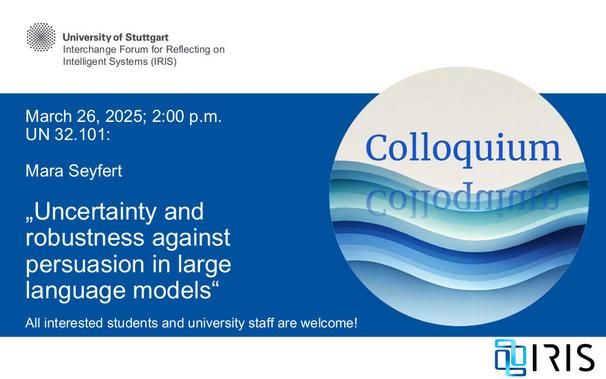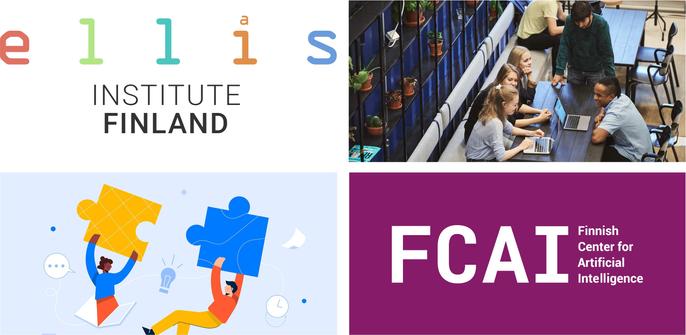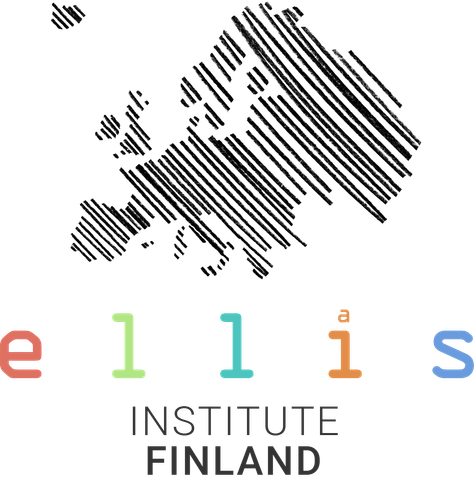🤝 In collaboration with the (@UniStuttgartAI) Institute for Artificial Intelligence at the Universität Stuttgart, it is our great pleasure to highlight the following event:
🎤 Engineering Safe Systems with AI
🗓️ June 5, 2025 | 15:45 | Room U32.101, Universitätsstraße 32
We’re pleased to support this talk by Dr. Reinhard Stolle Deputy Director at Fraunhofer IKS, on how to engineer safe AI-enabled systems without compromising innovation.
In his talk, “Engineering Safe Systems with AI”, Dr. Stolle will explore two key perspectives on safety: a safety-centricand an AI-centric view. He will present his team’s approach to combining the strengths of both, introducing a model for continuous safety engineering for high-risk AI systems—explicitly modeling and propagating uncertainties and confidences during both design and operation.
📣 Students, staff, and all interested guests are warmly invited to attend this exciting and insightful session!
👤 About the Speaker
Dr. Reinhard Stolle is Deputy Director of Fraunhofer IKS and Head of the Mobility Business Unit. He studied computer science at FAU Erlangen and the University of Colorado at Boulder, earned his master’s and Ph.D. in AI, and completed postdoctoral research at Stanford. His career spans AI research at Xerox PARC, 14 years in software and autonomous driving at BMW, and leadership roles at AID (VW Group) and Argo AI, focusing on Level 4 autonomous vehicles.
#AI
#SafeAI
#Engineering
#FraunhoferIKS
#AIsafety
#AutonomousSystems
#TechTalk
#Innovation
#ContinuousEngineering
#AIethics
#KIInstitut
#AIresearch
IRIS Board of Directors
Prof. Dr. André Bächtiger
Prof. Dr. Reinhold Bauer
Prof. Dr. Sibylle Baumbach
Dr. Miriam K.
Prof. Dr. Steffen Staab @ai
Jun.-Prof. Dr. Maria Wirzberger

